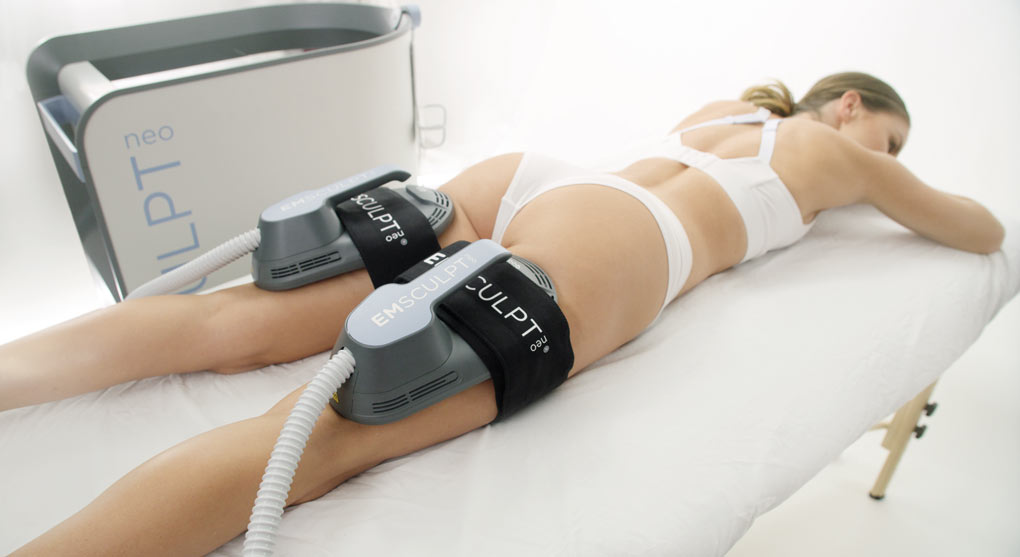In an era where heart disease remains a leading cause of death globally, the role of preventive cardiology has never been more crucial. Unlike traditional cardiology, which focuses on treating existing heart conditions, preventive cardiology is like the health coach of the heart—it aims to head off heart issues before they start. This forward-thinking branch …
In an era where heart disease remains a leading cause of death globally, the role of preventive cardiology has never been more crucial.
Unlike traditional cardiology, which focuses on treating existing heart conditions, preventive cardiology is like the health coach of the heart—it aims to head off heart issues before they start. This forward-thinking branch of medicine might just be the key to turning the tide against cardiovascular disease.
The Heart of the Matter: Understanding Preventive Cardiology
A New Approach
While traditional cardiology often deals with the aftermath—repairing the heart after it’s been hit by health issues—preventive cardiology is the watchful guardian that helps keep the troubles at bay. It’s proactive, not reactive, focusing on early intervention and risk factor management before they blossom into more severe problems.
Know Your Risks
The cornerstone of preventive cardiology lies in understanding and mitigating risk factors. High blood pressure, elevated cholesterol, and lifestyle choices such as poor diet, lack of exercise, and smoking are all on the hit list. Preventive cardiology tackles these factors head-on, aiming to rewrite your heart’s future narrative to one of health and longevity.
Strategies for a Stronger Heart
Lifestyle Tweaks
Picture your daily routine—could you turn it into a heart-boosting regimen? Preventive cardiology says yes. By adjusting your diet to favor heart-healthy foods, ramping up your physical activity, and mastering the art of stress management, you can fortify your heart against future foes.
Medical Maneuvers
But it’s not all sweat and salads; medical strategies play a pivotal role too. Regular screenings can catch heart disease before symptoms arise, and medications might be necessary to manage risks like high cholesterol or blood pressure. It’s about using all the tools in the toolbox to keep your ticker ticking smoothly.
Tech at the Heart
Innovative technologies are revolutionizing how we predict and prevent heart issues. Wearable devices that monitor heart rates, apps that track your cholesterol levels, and advanced imaging technologies that peek into the arterial nooks and crannies—all these are part of the preventive cardiology arsenal, offering early warnings and helping tailor treatments.
The Payoff: Benefits of Preventive Cardiology
Saving Hearts and Lives
The benefits are clear: by reducing the incidence of heart attacks and strokes, preventive cardiology doesn’t just save lives—it enhances them. People can enjoy more years of good health, reduced medical costs, and the peace of mind that comes from knowing they’re taking active steps to protect their hearts.
Success Stories
Consider the case studies of individuals who have reversed their risk of heart disease through lifestyle changes and preventive care—they’re not just statistics, they’re beacons of hope and proof that preventive strategies work.
The Roadblocks: Challenges in Preventive Cardiology
Lifestyle Hurdles
Changing lifelong habits is no walk in the park. For many, the shift to a healthier lifestyle is a daunting hill to climb. Overcoming this requires not just individual willpower but also community support and accessible healthcare resources.
Skeptic Shields
Then there’s the skepticism—some still doubt how effective preventive measures can be. This skepticism can only be dismantled through education, patient success stories, and continuous advancements in medical evidence and practices.
The Future is Now: Tomorrow’s Preventive Cardiology
Looking ahead, the landscape of preventive cardiology is vibrant with potential. The growing field of genetics and personalized medicine promises even more targeted strategies to prevent heart disease. Meanwhile, ongoing research is constantly turning up new insights that continue to shape this ever-evolving field.
In Conclusion: The Heartbeat of Tomorrow
Preventive cardiology is more than just a medical practice; it’s a movement towards a healthier future, minimizing the impact of cardiovascular diseases one heart at a time. Its integration into everyday life and medical practice is essential for a heart-healthy society.
Get Involved
Interested in learning more about how you can protect your heart? Consider evaluating your cardiovascular health today. Don’t miss out—join a seminar or webinar to dive deeper into how you can benefit from preventive cardiology. Remember, when it comes to heart health, an ounce of prevention is worth a pound of cure.








